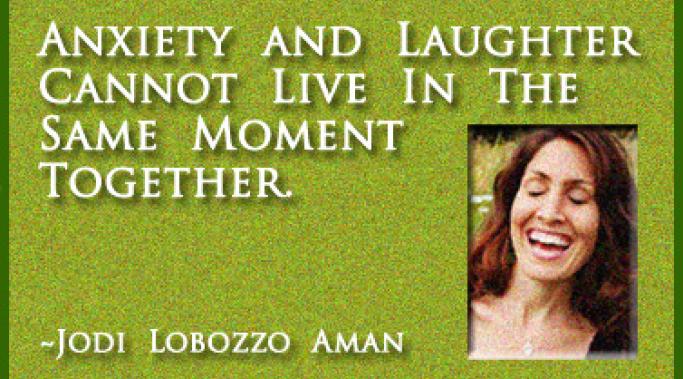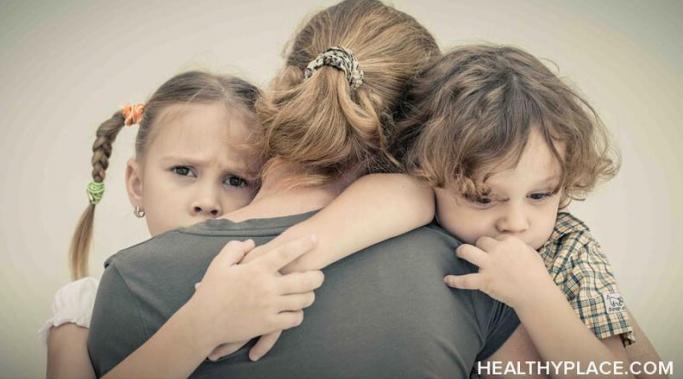Blogs
People self-harm for many different reasons and self-harm in and of itself is not a symptom of bipolar disorder. But like many people with extreme pain in their lives, many people with bipolar disorder do self-harm. I have been one of them. And as sure as I’m sitting here I can tell you, stress precipitated most of the self-harm.
I could write a million posts (granted my hands might hurt, my head even more) on how frightening life, before being diagnosed with a mental illness, is.
Ever since my son's diagnosis of schizophrenia, we have had to work around his strong desire to live without his mental health medications. In the past, he has refused them, cheeked them, thrown them up after swallowing them. They've been hidden in his pockets, his closet, in the bottom of the garbage. Things are better now, but mostly because we are on to his tricks. I'd like to think he is cooperating because of some insight--but the most probable reason is that he simply can't get away with not taking his psych meds anymore.
Graduated exposure therapy, also known as systematic desensitization, is a process of slowly exposing someone to what they are afraid of so it become familiar and un-intimidating. First, a person is taught skills in calming themselves that they can use while they expose themselves to the feared stimuli. With the dawn of the Internet (especially YouTube) people can use graduated exposure therapy in the comfort of their own homes (or in the therapy office).
Television and movies are the extent of my knowledge about autism and Asperger's Syndrome. I've been led to believe that people with autism are either like Rain Man (an autistic savant) or less gifted, empathy-denied individuals loved by their parents who understand their child cannot love them back.
Boy, have I been misled.
Codependency, like addiction, is a serious problem that can affect many people with borderline personality disorder (BPD). Codependency is a behavioral and psychological condition in which a person sacrifices his/her own wants and needs in order to maintain an unhealthy relationship. It is also called "relationship addiction." Codependency is probably due to the intense fear and frantic efforts to avoid abandonment common in BPD.
I wrote the poem “The Great Deceiver” yesterday in honor of my fifth year of good mental health. It is about the false world that I had lived in as a result of my Schizoaffective disorder. I am writing it in response to all the lies it told me over the years.
The Great Deceiver
Lies Lies
Terrible Lies
Don’t you think
I know better
You tell me this
You tell me that
I listen not
I don’t believe you at all
Things have been stressful for me lately, so I decided to take a mini-vacation and stay at my sister's — about two hours away from my home — for the weekend. I visited with her and her husband before they left for vacation, met with my eating disorders psychiatrist who lives nearby, and basically had a relaxing time sitting around drinking Starbucks mocha frappuccinos, reading my Nook and playing with her two large Rottweilers that act like overgrown babies.
Then I decided to stop at this quaint, 50s-style drive-up diner . . . and proceeded to get into a heated shouting match, complete with expletives, with another customer.
Why does food always have to complicate my life?
The quest for a GOP presidential candidate has raised a lot of brouhaha concerning reproductive rights in America. Whether certain politicians aim to force everyone to spawn or limit childbearing rights to a particular set is unclear. The debate, however, brings to mind the question: should people with mental illness have children?
Last week, I wrote a post stating that “Natasha Tracy” is my nom de plume – it is my writing name and not my legal name. Some people showed concern over this and felt it was inconsistent with my convictions regarding stigma and standing up for one’s rights.
I would now like to respond to these concerns regarding my own choices, writing and reasons.








